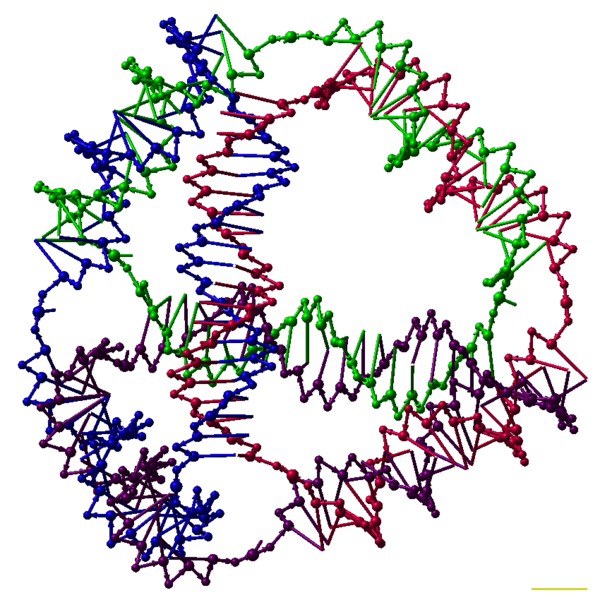Almost half of all women over 15 years-old in Mexico have been victims of violence by their partner, according to the 2011 Dynamics of Domestic Relationships national survey of the National Institute of Statistics and Geography (INEGI).
“Family violence can be manifested in different ways. The important thing is to learn to identify [them], distinguishing the sporadic incidents of bad mood or irritability from truly violent and controlling behaviors that occur regularly,” points out the National Population Council (CONAPO), part of the Secretariat of the Interior, which categorizes violence against women as emotional or psychological, physical, sexual, and economic or patrimonial.
Many women are victims of many types of violence at the same time. Even though emotional violence—insults, threats, and humiliation—is the most reported (90.6 percent), 58 percent of interviewed women mention being victims of economic violence, followed by physical violence (32.1 percent) and sexual violence (12.9 percent).
Little is said about economic or patrimonial violence, regarded by CONAPO “as a way to scare, submit or impose one’s will on another by using economic resources or personal property. If the aggressor is the head of household or the caretaker of the family, [this person] will demand all sorts of explanations from the partner to ‘give money”, or the aggressor will give less money than the necessary. It can also happen that, even though the family needs [more] resources, the aggressor will prevent the partner from working to eliminate the possibility of economic autonomy and so the aggressor can continue to control the family”.
“Another form of economic violence happens when the aggressor destroys the personal property of the other [person] or uses personal economic resources and those of the victim only for his/her own benefit (alcohol, friends, etc),” adds CONAPO.
Absolute dependence
A female victim of economic violence is absolutely dependent on their abuser, who does not allow her to work or study and denies her money to satisfy her most basic needs. In many cases, this type of abuser also uses emotional, physical, and even sexual violence against the woman.
According to Mar Morales, columnist for the Mexican news bulletin SDPnoticias, “this type of violence goes undetected, and is even considered ‘normal’ to believe that domestic resources must be managed only by the man”.
“Many would think that in our country this type of abuse is increasingly [rare] since women are increasingly more independent, yet I know more than a few cases in which the woman, despite working, gives her husband her entire paycheck and never has access to the money that is spent in the home,” she adds.
Morales points to having no access to the family’s bank accounts, having to ask the husband for money to buy even the most basic things for the home, risking the health and even life of some family member because of a lack of resources or because they are denied, hiding the acquisition of goods, in the case of divorce, threatening the woman with “leaving her on the street” or taking away her children to not have to support her as some of the warning signs of economic violence.
“It’s unnecessary to say that economic violence hurts the self-esteem of the victim,”concludes Morales. “If a woman is in this situation, she must ask for help immediately. Not only are shouting, threatening, beating or psychological violence punished in our society; economic violence must be reported to the pertinent institution”.—Latinamerica Press.










